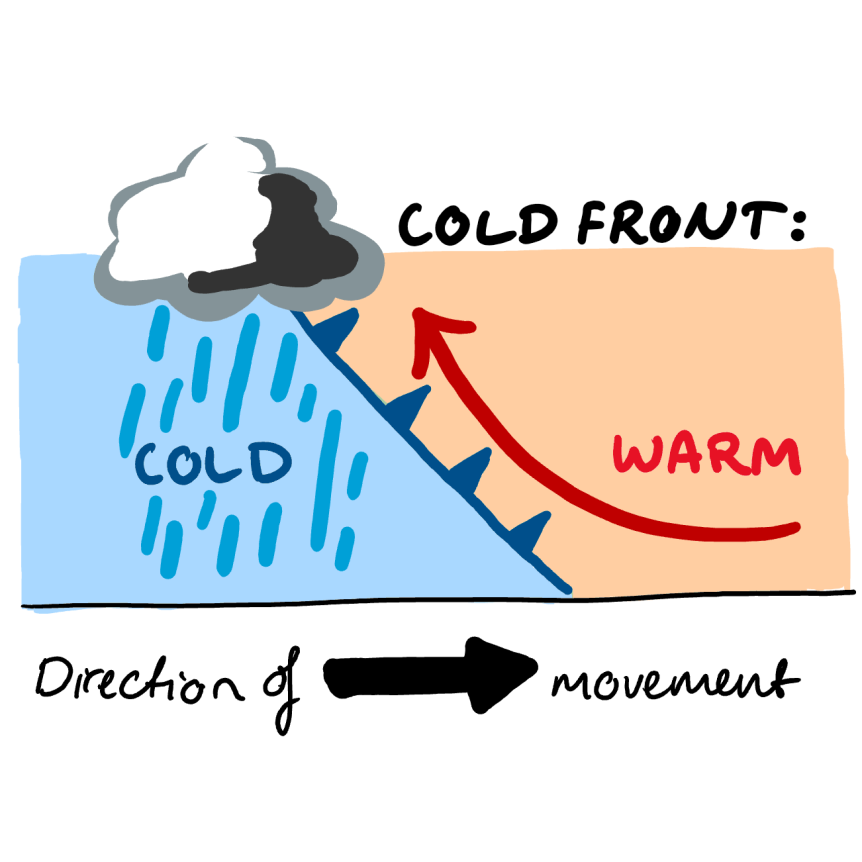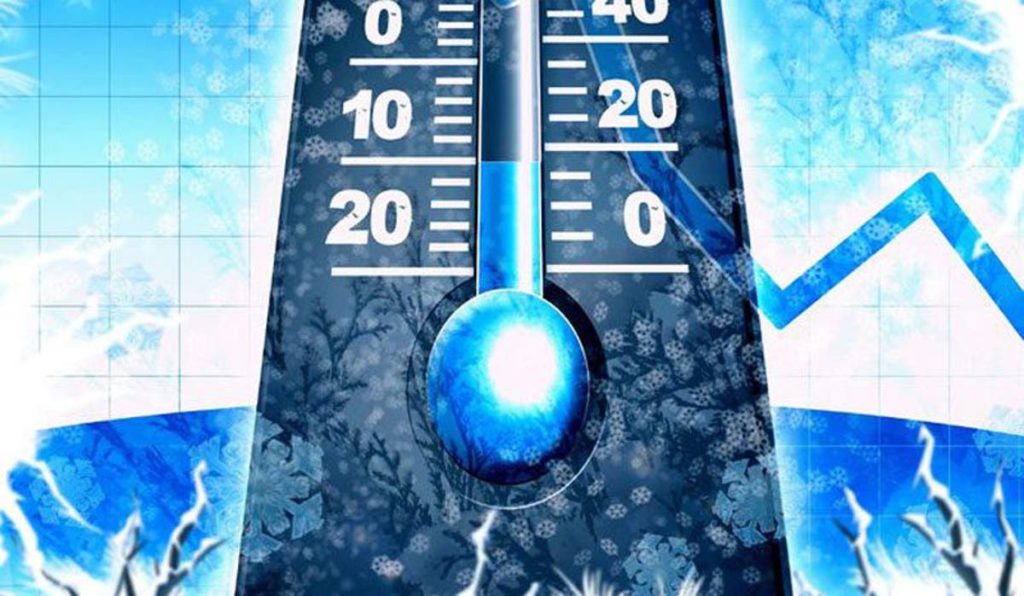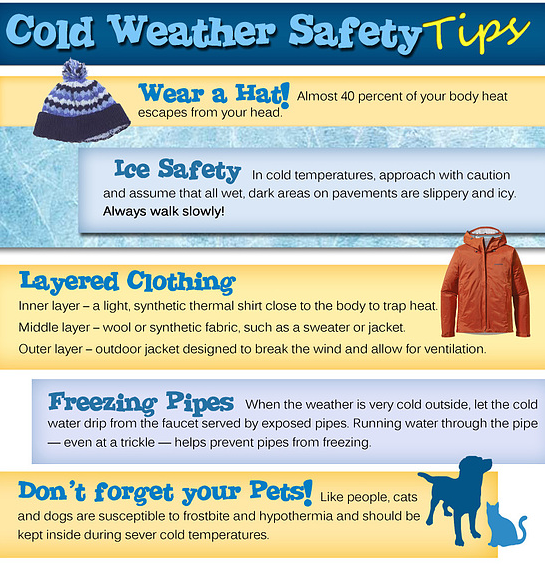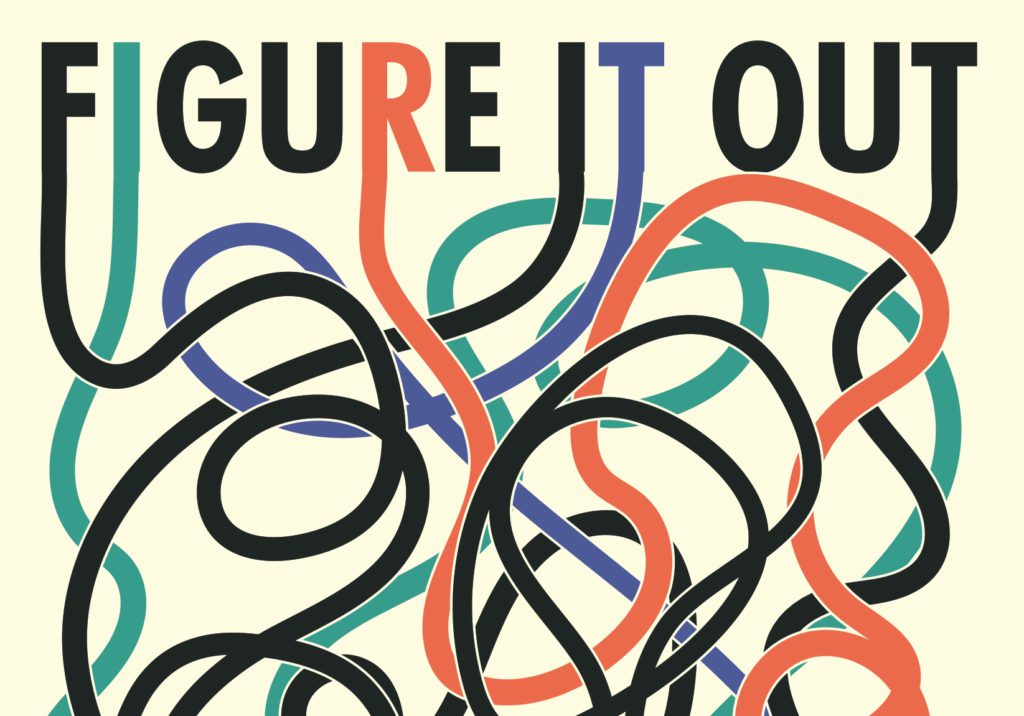
Todos sabemos que uma alimentação saudável e balanceada exige a presença de legumes, vegetais e folhas. Você sabe falar sobre esses alimentos em inglês?
Why don’t you start by taking this quiz about the names of vegetables?
Did you get them right (get it right – idiom – do it well, achieve a good result; find the correct answer)
Which vegetables are your favorite ones? Which ones do you eat every day?
Below is a comprehensive Portuguese – English list of the names of vegetables.
| Raizes | Roots |
|---|---|
| Beterraba | Beet |
| Cenoura | Carrot |
| Gengibre | Ginger |
| Nabo | Turnip |
| Rabanete | Radish |
| Repolhos | Cabbages |
| Acelga | Napa cabbage / Chinese cabbage |
| Couve de Bruxelas | Brussels |
| Repolho verde /roxo | Green Cabbage / Red cabbage |
| Caule | Stems |
| Anis | Anise |
| Aspargo | Asparagus |
| Salsão / Aipo | Celery |
| Erva-doce Fresca | Fennel |
| Palmito | Hearts of Palms |
| Cebolas | Onions |
| Alho Poró | Leek |
| Cebola | Onion |
| Cebolinha verde | Green Onion |
| Tubérculos | Tubers |
| Batata Doce | Sweet Potato |
| Batata | Potato |
| Inhame | Yams |
| Mandioca | Cassava / Manioc / Yucca / Tapioca Root |
| Folhas | Leafy Greens |
| Agrião | Watercress |
| Alface | Lettuce |
| Almeirão | Dandelions |
| Chicória | Chicory |
| Escarola | Escarole |
| Folhas para Saladas | Salad Greens |
| Rúcula | Rucola |
| Verduras para Cozinhar | Cooking Greens |
| Espinafre | Spinach |
| Couve-Manteiga | Collard Greens |
| Vegetais do Mar | Sea Vegetables |
| Alga marinha | Marine Algae |
| Flores | Flowers |
| Alcachofra | Artichoke |
| Brocolis | Broccoli |
| Couve-flor | Cauliflower |
| Feijões frescos e vagens comestíveis | Fresh Beans and Edible Pods |
| Ervilha | Snow Pea / Chinese Snow Pea |
| Ervilhas Frescas | Fresh peas |
| Quiabo | Okra |
| Vagem | Green Beans |
| Legumes que na verdade são frutas | Fruit Vegetables |
| Tomate | Tomato |
| Berinjela | Eggplant |
| Pepino | Cucumber |
| Azeitonas | Olives |
| Pimentões | Sweet Peppers / Bell Peppers |
| Moranga | Winter Squash |
| Brotos | Sprouts |
| Broto de Alfafa | Alfalfa sprouts |
| Broto de Feijão | Bean sprouts |
| Broto de Soja | Soybean sprouts |
| Outros Vegetais | Other Vegetables |
| Abóbora | Pumpkin |
| Abobrinha | Zucchini |
| Cogumelos | Mushrooms |
| Variados | Miscellaneous |
| Cebolinha em conserva | Pickled onions |
| Funghi Secci | Dehydrated mushrooms |
| Picles | Pickles |
Confira também alguns termos relacionados:
- Salada: salad
- Molho para salada: dressing
- Tempero: seasoning
Dica:
- Tanto para se referir a legume quanto a vegetal, a palavra utilizada em inglês é a mesma: vegetable
Click here to listen to the pronunciation of all vegetables on the list.










